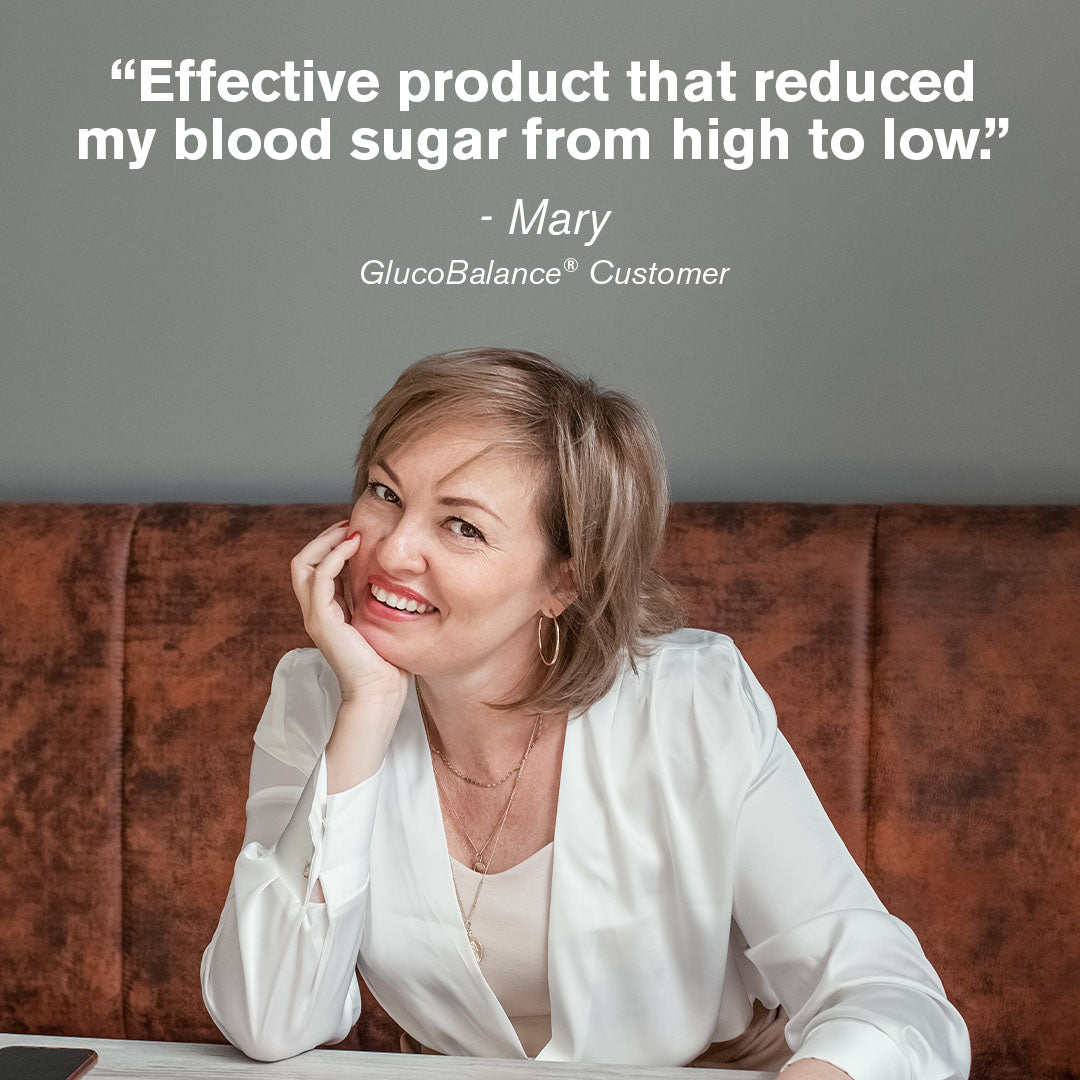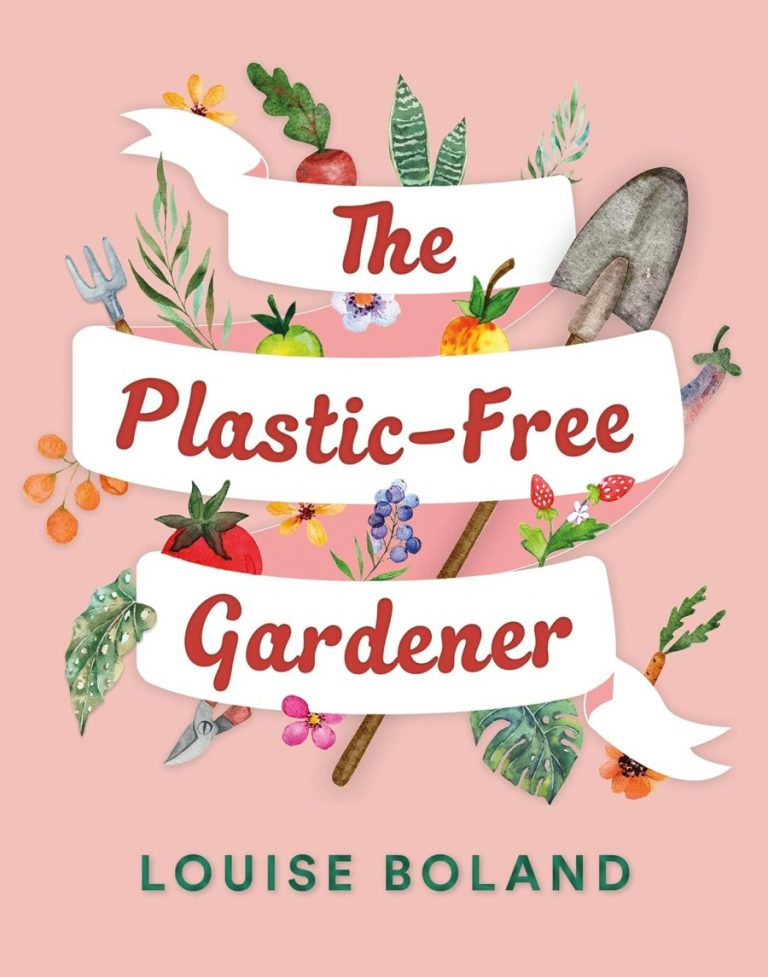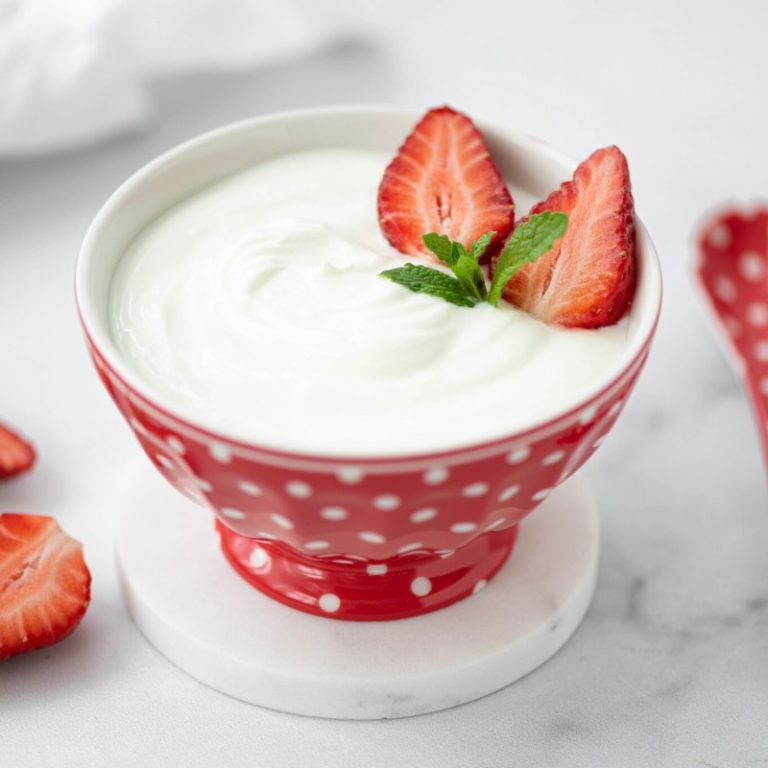
Dr Vegan GlucoBalance is a supplement designed to support healthy blood sugar, appetite control, and daily energy. It’s ideal for people who are often tired in the afternoons and have uneven blood sugar that leads to food cravings, creeping weight and lack of energy and focus, due to mood swings.
Check with GP before taking supplements if pregnant/nursing or on medication (especially blood sugar medication or blood thinners) or other supplements. Keep away from children and pets.
Here are the core ingredients and how they contribute:
- Cinnamon extract to help slower carb breakdown, and cells respond to insulin.
- Chromium picolinate: A trace mineral that helps insulin work more effectively and normalise blood glucose.
- Alpha lipoic acid: A potent antioxidant that supports insulin sensitivity
- Myo-inositol: A nutrient often used for metabolic balance and can aid insulin function
- Bitter melon extract: Contains compounds that mimic some insulin effects, to help use glucose more efficiently.
- Fenugreek seed extract: Rich in soluble fibre and amino acids, to slow carbohydrate absorption and support appetite control
- Apple cider vinegar powder: To support glycaemic control after meals.
- Maitake mushroom powder: To support metabolic wellbeing
For best results, pair the supplement with simple habits:
- Based meals on plant-based proteins, fibre and healthy fats.
- Choose slow carbs, such as oats, lentils, quinoa, and whole grains.
- Take a short walk after meals, to help move glucose into muscles.
- Sleep 7 to 9 hours (poor sleep can raise cravings and insulin resistance)
- Keep hydrated, because mild dehydration can feel like hunger.
Use GlucoBalance with food for the best experience. The brand recommends two capsules per day, taken with a main meal or within an hour after eating. Avoid taking on an empty stomach, as some people may feel mild stomach upset if they do. Store the capsules in a cool, dry place, away from direct heat and moisture.
How Do Plant Diets Help Prevent Diabetes?
Diabetes rates in England are soaring, especially in children. This serious condition (where blood sugar is too high due to cells not responding in the normal way to make insulin) leads to fatigue and weight gain, and can even lead to eye problems, amputation (which is why patients should always wear shoes and have regular podiatrist care). The good news is that a healthy plant-based diet can prevent most cases.
Early symptoms of diabetes are thirst, frequent loo trips, slow wound healing, blurred vision, fatigue and dark skin patches around the neck and armpits. Read our posts on food safety for people and pets and plant-based recipes.
Type-1 diabetes is different, but most experts say that one way to reduce risk in children is breastfeeding (and not use dairy formula longer than necessary). That’s why all the ads now have to say ‘we recommend only using breast milk for the first six months’.
How Plant Diets Help Prevent Diabetes
Type-2 diabetes is often caused by high sugar intake of food and drinks, processed foods, low-fibre (white) foods, red meat (especially processed meats like bacon and sausages) and lack of exercise. But a lifestyle of low-fat plant proteins, fresh fruits and vegetables and regular exercise, is like a ‘diabetes prevention pill’. Such diets are also higher in antioxidants and polyphenols (which support blood flow, which helps insulin work well).
Foods to balance blood sugar include oats, barley, beans, berries and leafy greens (check medication, as some interact with too much vitamin K). Magnesium is found in spinach, wholegrains, nuts and seeds. Polyphenols are in fresh colourful fruits, vegetables and herbs.
To put this into daily use, try porridge and berries, barley mushroom soup, mixed berry smoothies, lentil curry, chickpea salad wraps, mixed bean chilli and veggie stir-fry with tofu.
Dr Neal Barnard says that it’s wrong to assume that type-2 diabetes is just from ‘eating too much sugar’, it’s just as much from eating too much fat and processed meats (just two servings of red meat weekly can increase risk). Replace refined sugar (often hidden in yoghurts, snack bars, sodas and energy drinks) with fresh organic fruit and water.
His organisation Physicians Committee for Responsible Medicine has been safely (working alongside doctors) reducing or eliminating diabetes medicine for patients for years, usually with results in around 22 weeks. Its National Diabetes Program cuts out all animal products (especially red and processed meat), oily/fried foods and refined sugar, replacing with high-fibre plant foods (fruits, veggies, legumes, whole grains), healthy fats and water.






